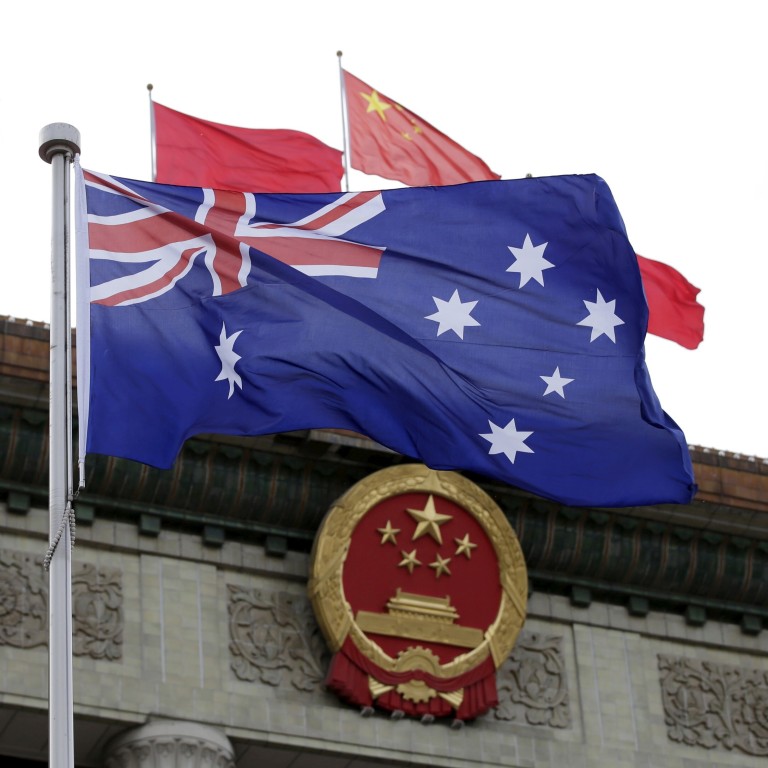
‘The barbarians aren’t Chinese’: Australia’s foreign relations bill faces local backlash
- The Australian Foreign Relations Bill is widely seen as Canberra’s attempt to clamp down on state level governments doing trade deals with Beijing
- But state leaders have labelled the plans ‘complete overkill’ and ‘patronising’ and warn the economy is being put at risk
Now the state’s agreement to join Beijing’s signature infrastructure drive could face the chopping block as Canberra controversially seeks to clamp down on deals with foreign countries that it believes undermine its foreign policy.
Explained: Belt and Road Initiative

Must Australia choose between trade with China and siding with US on Hong Kong?
Under the proposed legislation, the foreign minister would have the power to axe any agreement signed between a foreign country and state government, local council or publicly-funded university that is deemed to undercut the federal government’s handling of foreign relations.
The bill, which is expected to be introduced in parliament within days, would also create a public register where existing and future agreements with foreign governments would be subject to review. State and territory governments have signed more than 130 agreements with some 30 foreign countries.
Those involving China include agreements between New South Wales and Guangdong province, Queensland and the Chinese Ministry of Science and Technology, and Western Australia and the National Development and Reform Commission of China, touching, respectively, on medical research, renewable energy and investment promotion.
Local councils and universities are believed to account for dozens more agreements.
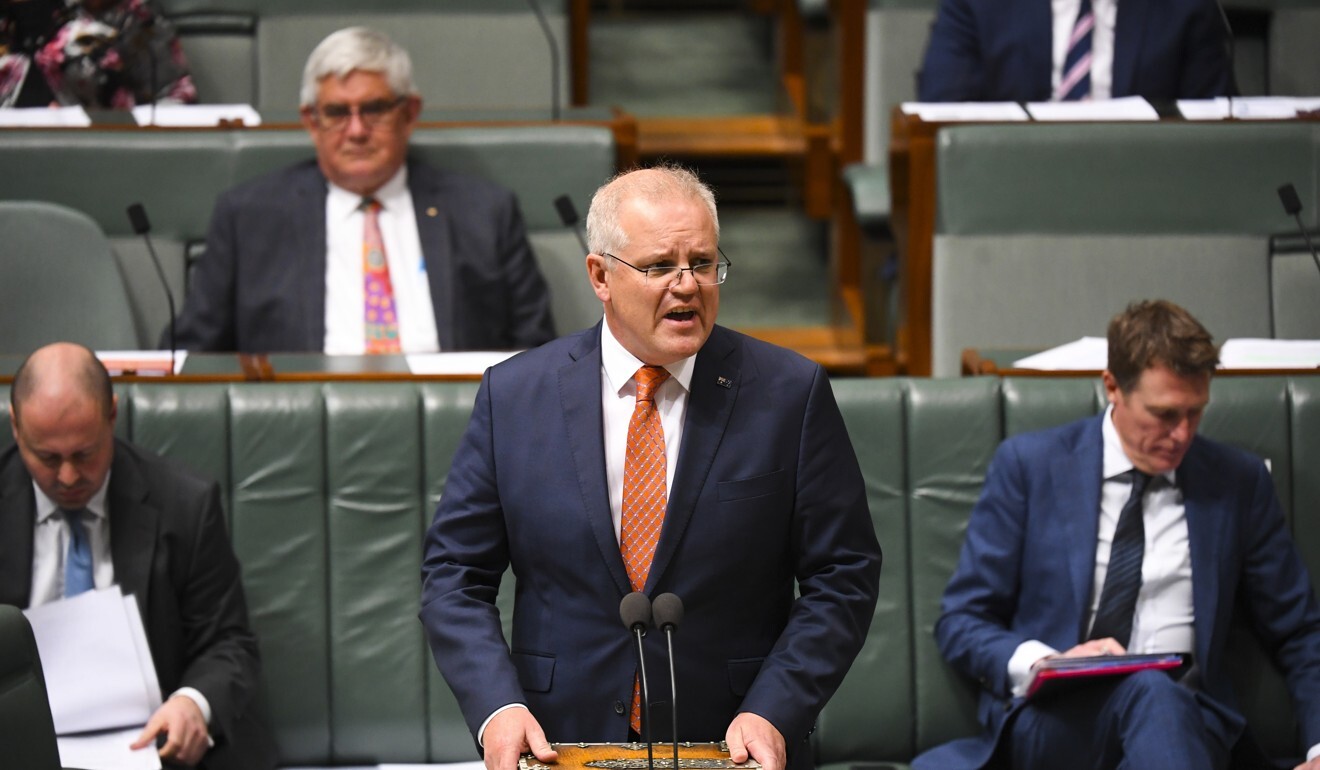
“Where any foreign government seeks to undermine the sovereignty of Australia’s foreign policy by seeking to do deals with subnational governments, Australia needs to protect itself from that,” Prime Minister Scott Morrison told a press conference on the proposed changes last week.
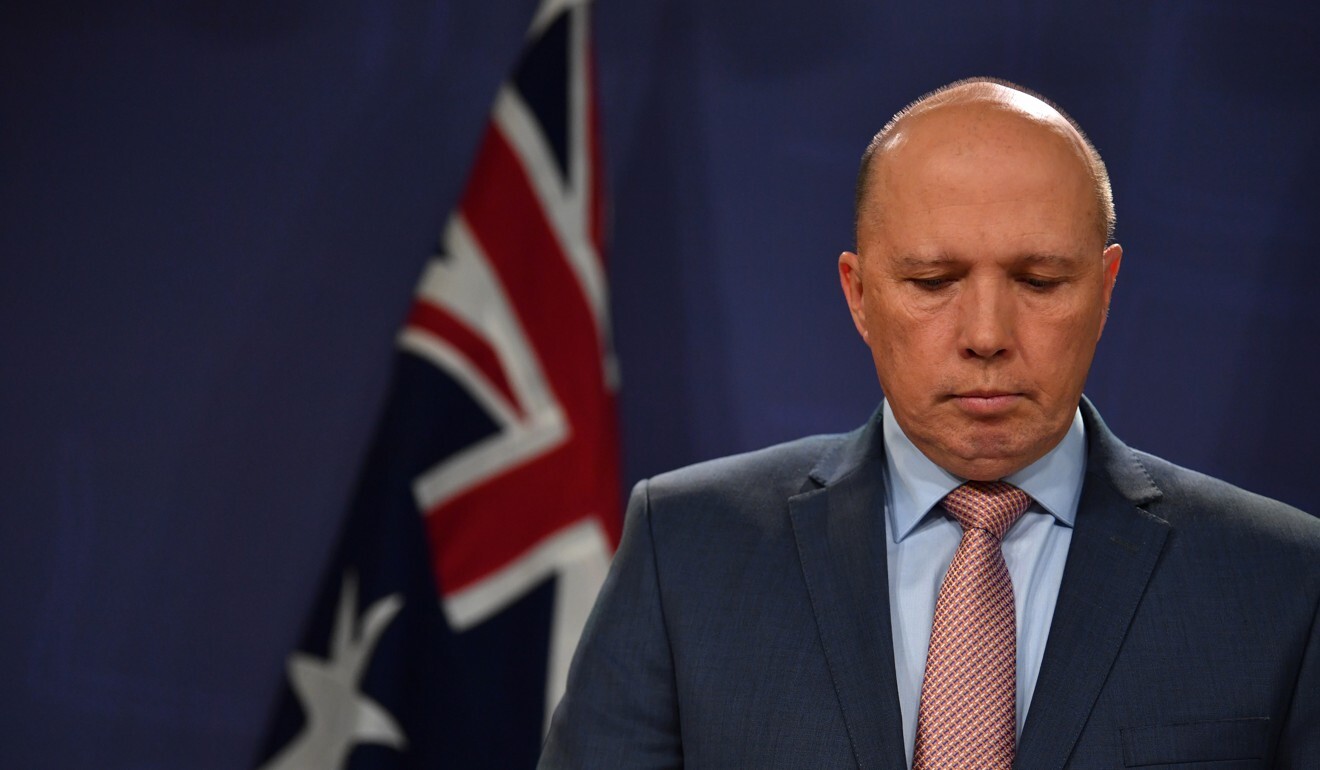
Chinese-born Australian CGTN journalist Cheng Lei detained in Beijing
Victoria’s MOU on Beijing’s US$1.4 trillion infrastructure initiative – which is not legally binding and does not commit the state to any specific projects – is among a number of high-profile agreements that have raised eyebrows among federal figures and analysts.
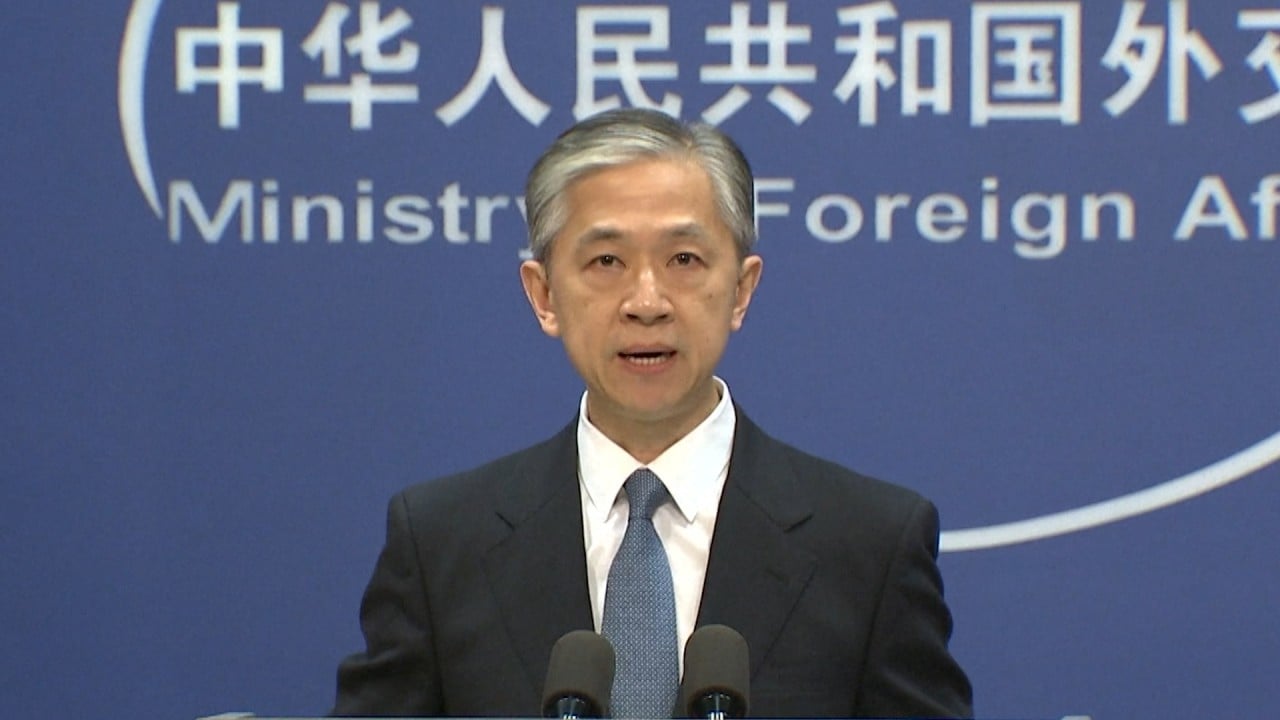
01:15
China suspends Hong Kong extradition treaties with Canada, Australia, UK
In one of the most controversial deals by state or territory authorities, the sparsely populated Northern Territory handed Chinese company Landbridge control of Port Darwin on a 99-year lease for A$500 million (US$343 million) in 2015.
The opposition Labor Party has signalled that it will seek to add an amendment to the government’s foreign relations bill to ensure the port deal is rolled back.
Foreign Minister Marise Payne has suggested the legislation will address “government-to-government” agreements, but “not necessarily” commercial deals, although local media have speculated that bodies such as Confucius Institutes could be affected due to their close links to Beijing.
The legislation is not expected to affect commercial corporations and state-owned enterprises. State-owned China Communications Construction Company’s subsidiary John Holland is leading a number of major infrastructure projects in Australia including Melbourne’s Metro Tunnel, the biggest public transport project ever carried out in Victoria.
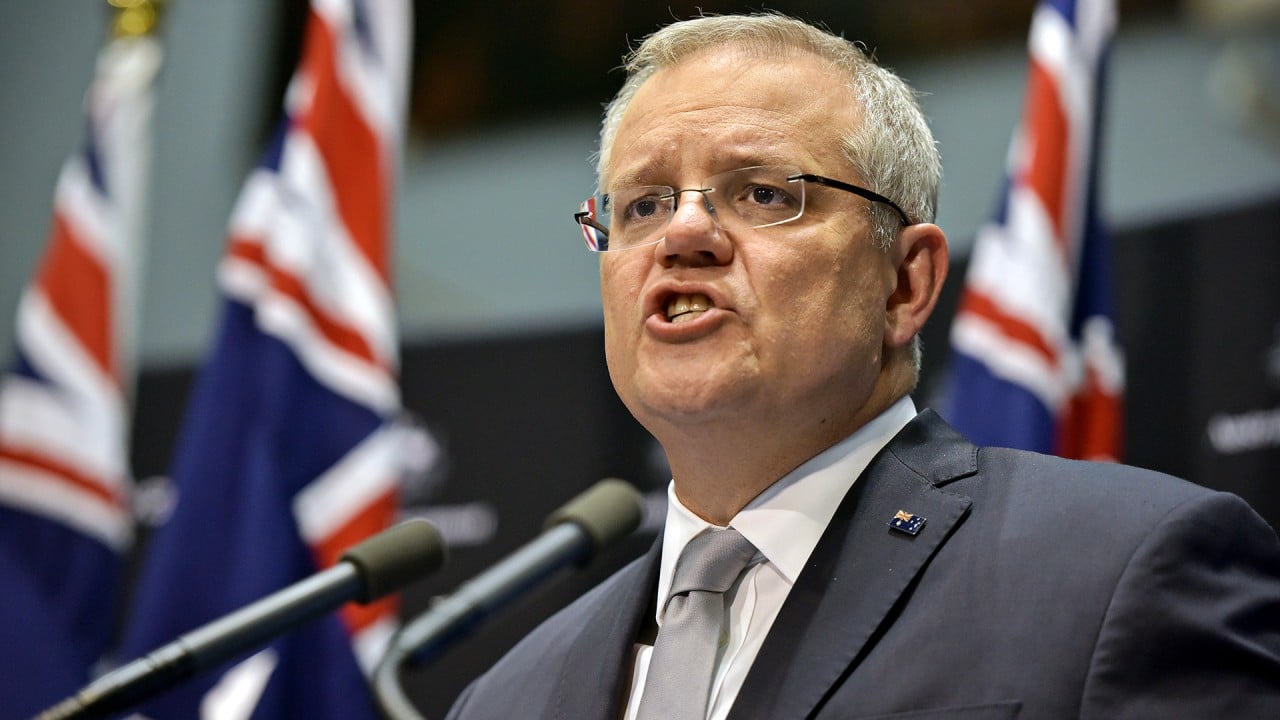
01:49
Australia suspends extradition treaty with Hong Kong, offers residency pathway for Hongkongers
Brendan Thomas-Noone, a research fellow at the United States Studies Centre at the University of Sydney, said the Commonwealth government wished to assert its authority over the ability of “other government organs to run their own foreign policy”.
“This particular move has been some time coming, as it’s been recognised for the last couple years that this has been a gap in Australia’s ability to build resilience against economic and other forms of coercion,” said Thomas-Noone.
‘China sympathisers’: a new Red Scare stalks Australian businesses
He said the changes, which are widely expected to pass parliament, reflected the end of an era in which states and organisations were “more or less left to their own devices and encouraged to compete globally, signing economic, research and other agreements freely without much thought to the security implications”.
On Monday, former Western Australia premier Colin Barnett, a member of Morrison’s Liberal Party, described the plans as “complete overkill”, “patronising” and an “incredible layer of bureaucracy”.
The barbarians are at the gate and they are not Chinese
Daryl Guppy, president of the Northern Territory branch of the Australia China Business Council, said the government’s plans risked obliterating trust in the business environment.
“The barbarians are at the gate and they are not Chinese,” said Guppy. “These MOUs are foundations for commercial agreements. Tearing them up destroys the fabric of Australia’s export prosperity.”
Barrie Harrop, a South Australia-based developer with business links in China, accused hawkish backbench MPs within the government of “fouling the nest”.
“Maybe it’s time for the prime minister of Australia to assert his authority over his wayward backbenchers,” Harrop said.
“One wonders why and do they want a total collapse of Australia’s economy to satisfy themselves. What is their argument as to why Australia’s economy should be put at risk? Do the backbenchers have alternative markets in mind that will assist with Australia’s economic recovery?”
The university sector has raised objections, too. Peak body Group of Eight last week warned the proposals “may not be proportionate to risk” and could lead to over regulation, while undermining the work universities and the government had done together up until now to address foreign interference concerns.
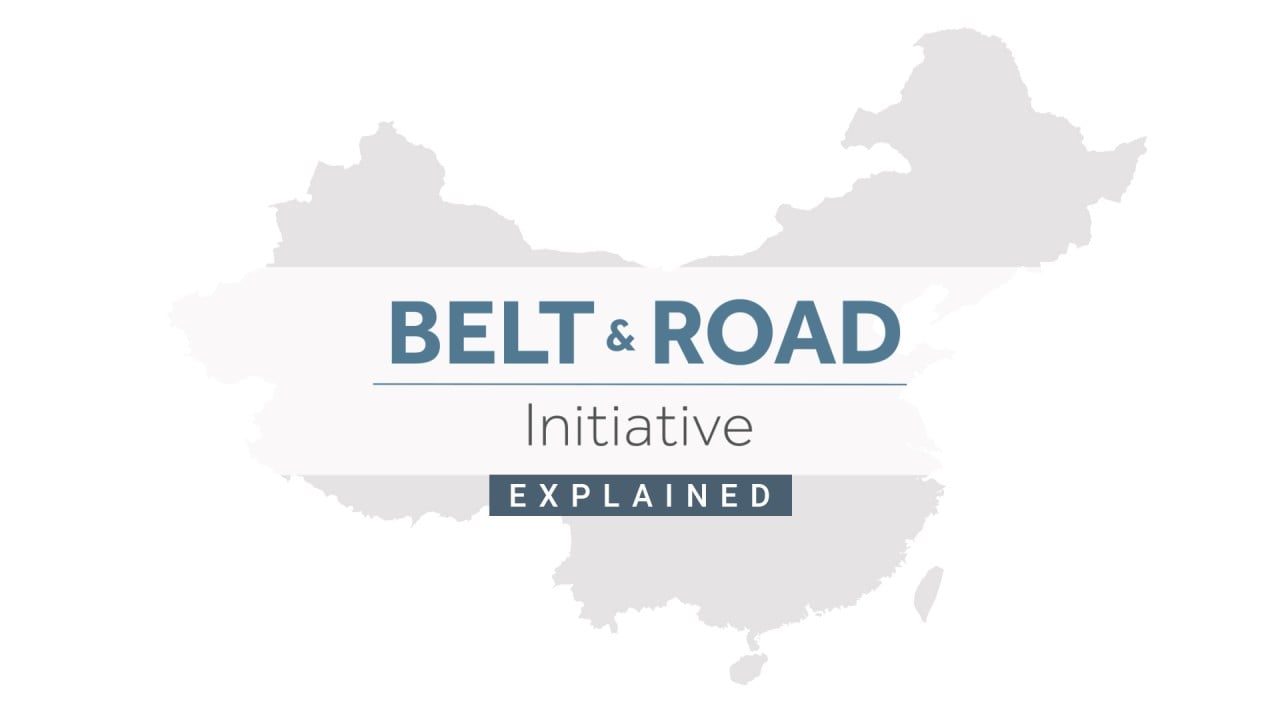
02:35
Belt and Road Initiative explained
Others question whether the proposals will have much of a practical impact since many agreements are largely symbolic and major investment deals must already be approved by the Foreign Investment Review Board, which knocked back bids by two Chinese firms to buy the electricity distribution network Ausgrid.
State and local authorities have also on occasion rejected foreign-backed projects deemed not to be in the public interest, such as when the Central Coast Council in New South Wales in 2017 decided to tear up a contract for a controversial Chinese theme park.
“Victoria’s [belt and road] MOU has been signed recently, and there are not many major projects in place,” said Heng Wang, co-director of the Herbert Smith Freehills China International Business and Economic Law Centre at the University of New South Wales.
“In this sense, the short term impact is probably not that huge.”
‘You Chinese virus spreader’: after coronavirus, Australia has a racism outbreak
However, the changes could affect “future projects, particularly long-term ones” related to infrastructure, Wang said.
A Perth-based consultant who advises clients on belt and road projects downplayed the impact the proposals would have on business between the countries.
“Many people who do well internationally and with China are pro business,” said the consultant, who requested anonymity. “They will find a way to continue that relationship with or without a ‘Belt and Road Initiative MOU’. People who used the [belt and road] as a means to climb and profit politically, however, are the ones who will struggle.”


